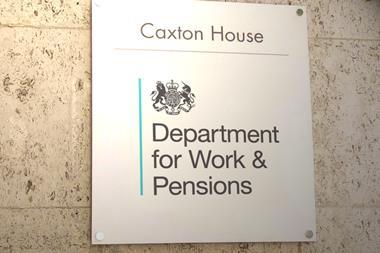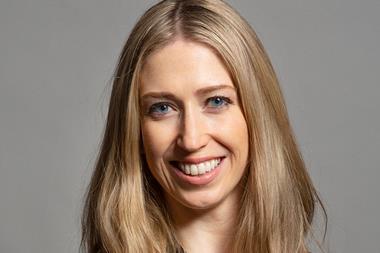The UK government’s Department for Work and Pensions (DWP) has confirmed that the state pension age will rise to 67 by the end of 2028 as previously proposed, following a review published last week.
After carefully considering expert evidence, including two independent reports, the secretary of state for work and pensions, Mel Stride, concluded that the planned pension age rise from 66 to 67 for those born after April 1960 remains appropriate.
The Pensions Act 2014 requires the secretary of state for work and pensions to regularly review state pension age. To inform this review, two independent reports were commissioned – analysis from the Government Actuary based on life expectancy projections and the proportion of adult life spent in retirement, and findings from Baroness Lucy Neville-Rolfe which considered relevant factors including life expectancy trends.
As the number of people over state pension age increases, the government must ensure it remains sustainable and fair for current and future generations. The government plans to have a further review within two years of the next parliament to reconsider the rise to age 68.
This gives the government appropriate time to take into account evidence which is not yet available on the long-term impact of recent challenges, including the COVID pandemic and global inflationary pressures. These events bring a level of uncertainty in relation to the current data on life expectancy, labour markets and the public finances.
Longevity
Matt Saker, president at the Institute and Faculty of Actuaries (IFoA), said: “Increasing longevity has been the driving force behind previous rises in the state pension age and it is right that government properly assesses longevity trends before accelerating any planned increase in state pension age.
“The Neville-Rolfe report and evidence from the Government Actuary’s department show that increases in life expectancy are slower than initially predicted. Raising the state pension age at a quicker rate in this context could have a detrimental impact on younger generations.”
The IFoA is encouraging policy decisions that provide a stable environment for people to save for the long term through a pension, Saker continued, adding that the government “must now engage with the wider pensions industry on short-term longevity trends and their impact on future state pension age rises”.
Nigel Peaple, director of policy and advocacy at the Pensions and lifetime Savings Association, said: “As an increase in the state pension age falls disproportionately on people with lower incomes – who generally have poorer longevity – this decision, along with the 10.1% rise in state pension next month, will support those who need it most.”
Unhelpful timelines
“While we welcome the announcement by the government not to bring forward the timeline for increasing the state pension age to 68, the uncertainty around the state pension age timelines is unhelpful,” said Carole Easton, chief executive officer at the Centre for Ageing Better.
“There could be a case to be made for lifting the state pension age if people are living longer, are having good health in later life and if older workers have good employment options in their 50s and 60s. But currently these conditions are not being met and progress is deteriorating,” she said.
She noted that life expectancy has stalled, and is actually declining in some parts of the country, while people in the poorest areas expected to live only 52 years in good health.
“Over a quarter of a million more older workers have left employment since the pandemic, many because suitable opportunities for work are not there,” she added.
Easton said the government has a role to play in enabling people to have longer working lives by delivering on promises to improve flexible working, employer health support and targeted employment support to help those older workers who are struggling to return to work.
“The risks of being too hasty with raising of the state pension age are clear,” she said.
According to recent research by the Centre for Ageing Better, the number of 65-year-olds living in absolute poverty more than doubled in the two years after the state pension age increased to 66. There are currently 2.9 million pensioners with no private or workplace pension, and 1.3 million with no savings at all.
“Future increases should be delivered cautiously and with significant advance notice or risk plunging huge numbers of older people into poverty,” Easton said.
To read the digital edition of IPE’s latest magazine click here

















